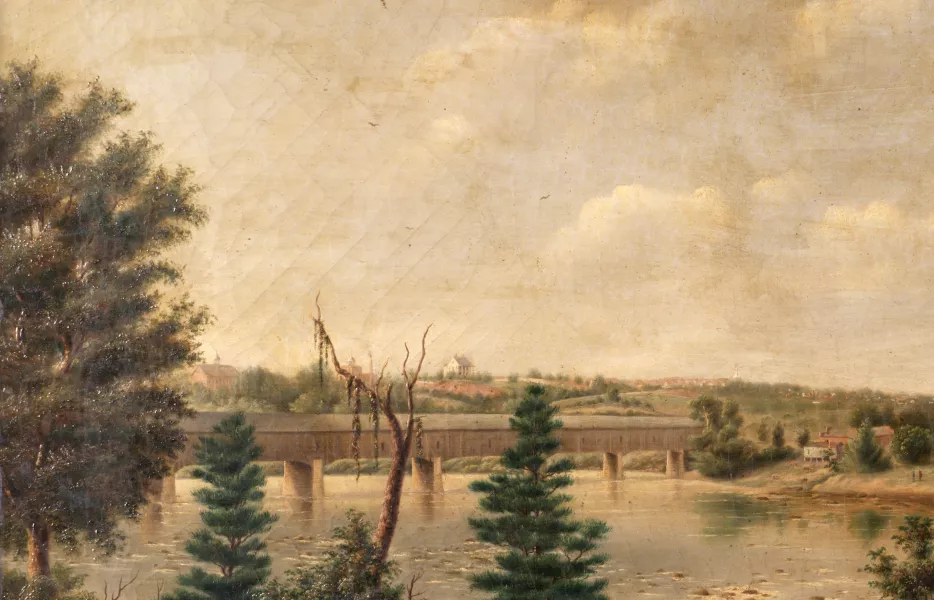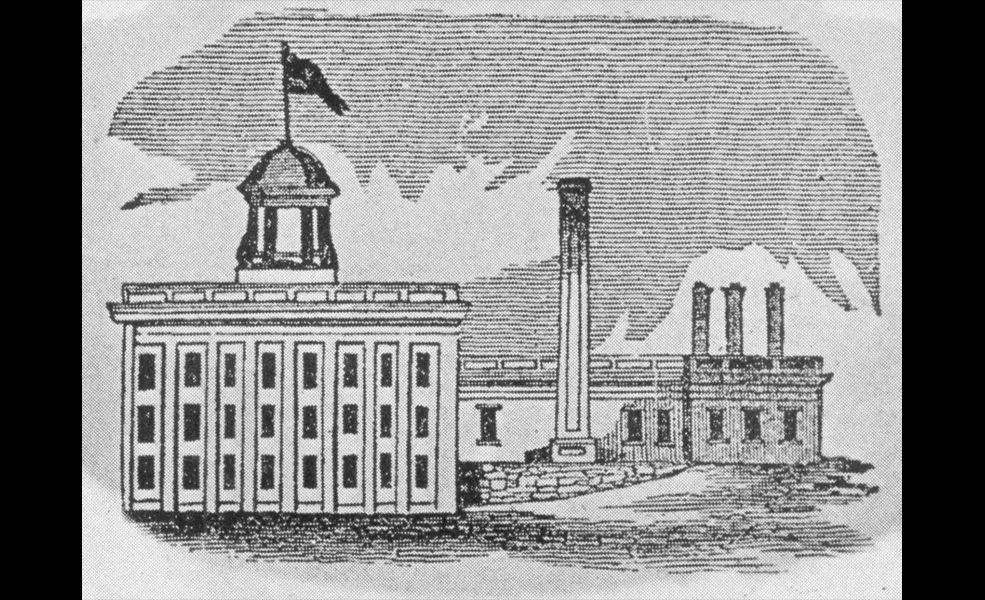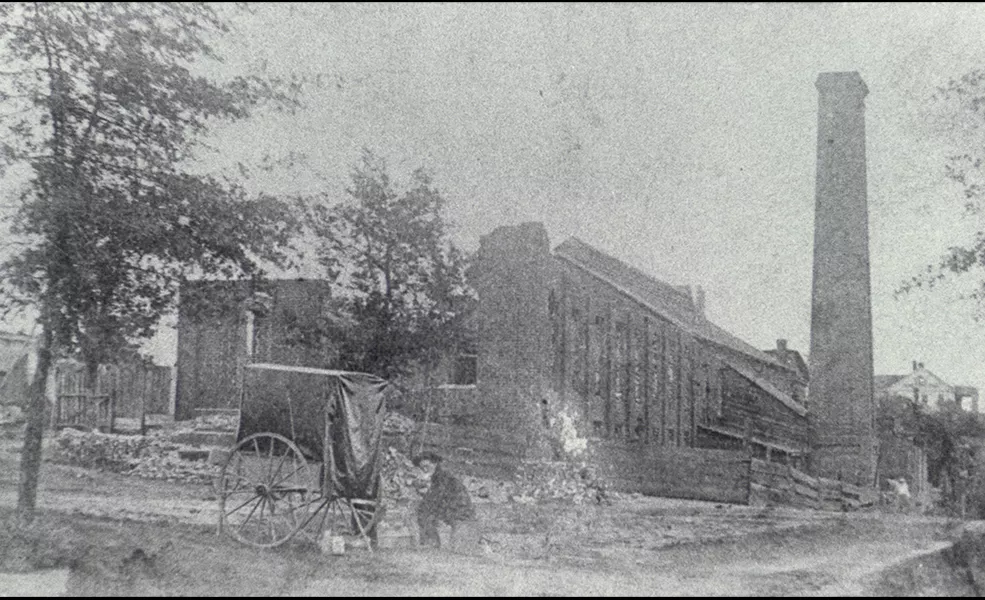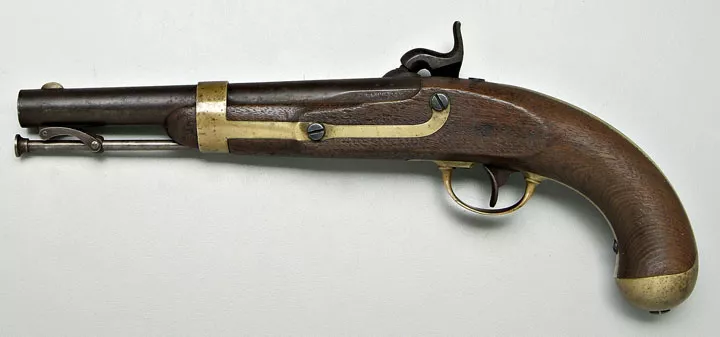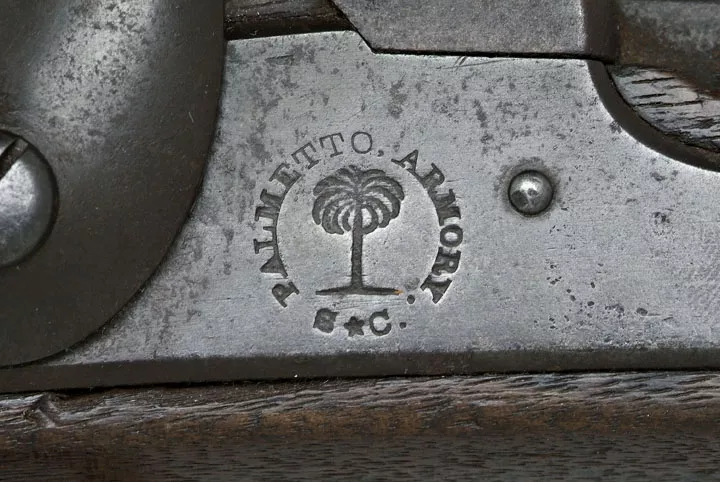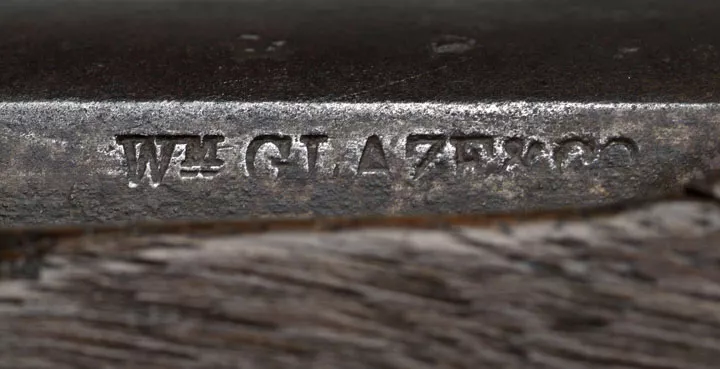1802 Lincoln Street
Site of Palmetto Armory and Iron Works
William Glaze and James Boatwright established one of Columbia's most significant 19th-century industries here in 1852. The largest foundry south of Harper's Ferry, Virginia, the Palmetto Armory manufactured firearms and edged weapons under a state contract. In 1854, its name changed to the Palmetto Iron Works to reflect a new use--making iron and brass castings, iron railings, saw and grist mills, and steam boilers and engines. During the Civil War, the foundry's three-story machine shop and a one-story foundry wing retooled to produce various cannon, explosive shells, solid shot, and Minnie balls. Federal troops set off an explosion in February 1865 that destroyed the factory's third story. Following the war, the site resumed its pre-war production, later expanding to make machinery for Columbia's textile mills. Closed in 1927, the property stood vacant until 1941, when the City of Columbia bought it, razed its foundry section and smoke stack, and adapted the remaining machine shop for use as a recreation center.
Weapons manufactured at the Palmetto Armory carry the marks "Glaze & Co." and a palmetto tree encircled by the words "Palmetto.Armory/S*C." Though Glaze and Boatwright received a contract to manufacture 6,000 muskets; 2,000 rifles; 2,000 pistols; and 2,000 sabers for the South Carolina state militia, the order was never fully completed. Declared by DeBow's Review of June 1853 to be assembling armaments in "the most perfect manner," the foundry's contract nonetheless enjoyed an abbreviated existence after it became apparent that liberties had been taken in meeting it, namely the mating of second-rate components from northern factories, whose inspection marks had been canceled, with stocks from local craftsmen.
